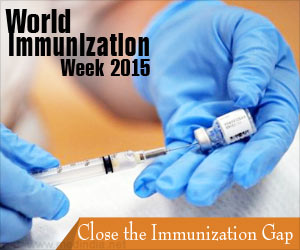Teachers and parents should be aware of the long-term academic impact of behaviors such as inattention and distractibility in children at the age of seven.

"Teachers and parents should be aware of the long-term academic impact of behaviors such as inattention and distractibility," said Kapil Sayal, professor of child and adolescent psychiatry at University of Nottingham. "The impact applies across the whole spectrum of scores at the population level and is not just confined to those scoring above a cut-off or at the extreme end. Prevention and intervention strategies are key and, in the teenage years, could include teaching student’s time-management and organizational skills, minimizing distractions and helping them to prioritize their work and revision," Sayal noted.
Parents and teachers completed detailed questionnaires when the children were seven-year-old to assess a variety of different behaviors.
Some of these behaviors include inattention, hyperactivity/impulsivity and oppositional/defiant problems. This information was compared with the children’s academic achievements by looking at their secondary examination results at age 16.
For every one-point increase in inattention symptoms at age seven, across the whole sample, there was a two to three point reduction in secondary examination scores at age 16.
With each one-point increase in inattention symptoms increased the risk of worse academic outcomes across the full range of inattention scores in the sample.
Advertisement
Source-IANS









